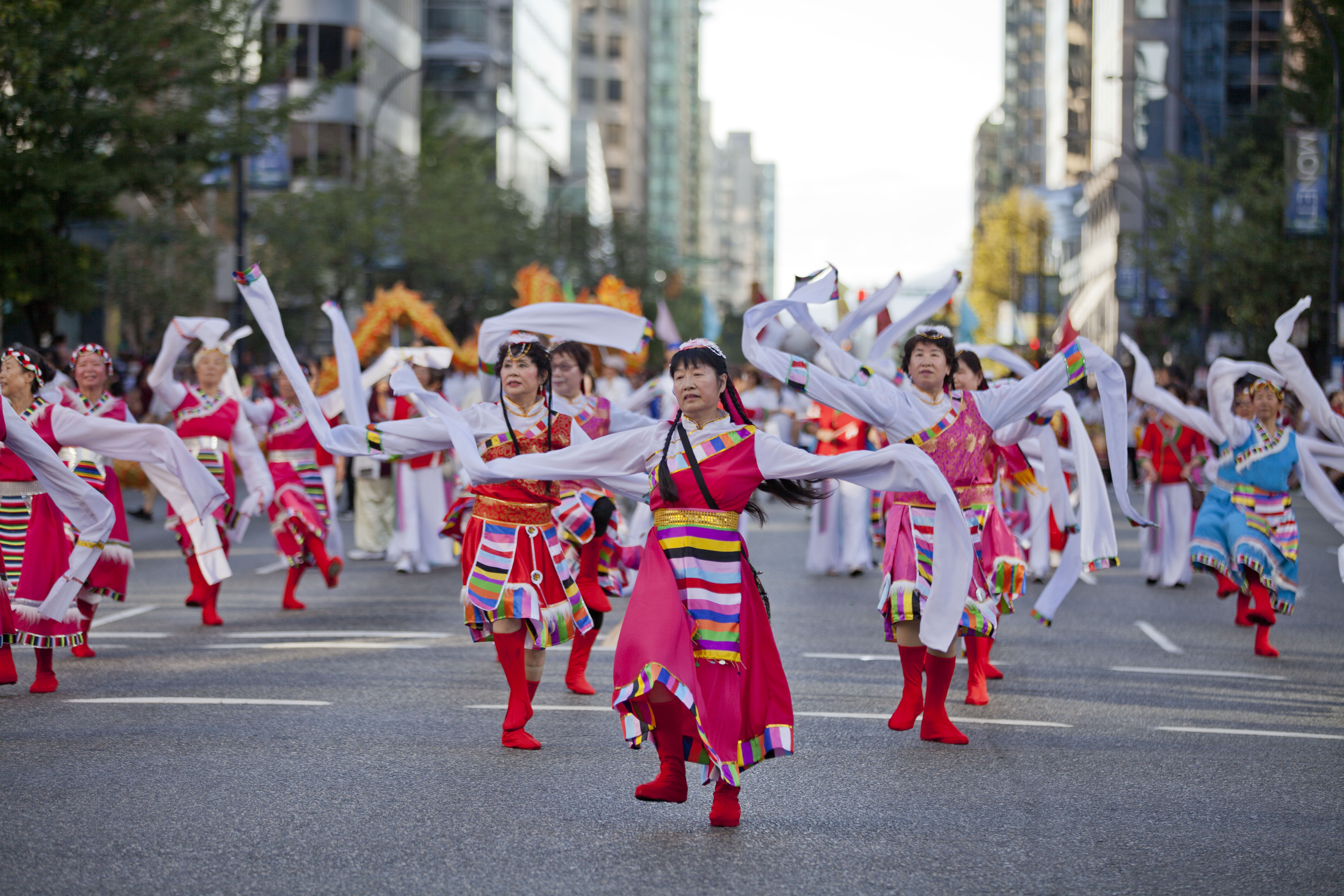Canada in 5: Canada Day Celebrates Immigration and Diversity

Canada's story is built by immigrants, from First Nations to newcomers today. Learn how this mix of people shapes our country's future. See how Ukrainians changed Alberta and how a writer from Haiti became famous in Canada.
1. Top Story: Architects of Canada's Past, Present, and Future
As Canada Day celebrations just passed, we reflect on the pivotal role of immigration in shaping Canada. From Indigenous peoples to recent waves of immigrants, discover how diverse cultures have enriched Canada's history and future.
Key Takeaways
- Indigenous peoples laid Canada's cultural foundations, which are honored annually on September 30th, National Day for Truth and Reconciliation.
- Nearly 600,000 job vacancies highlight the vital role of immigrants in Canada's economy, driving growth and innovation.
- Since the Confederation in 1867, diverse immigrant waves have enriched Canada's multicultural society, which is celebrated on Canada Day.
Indigenous Foundations: The First Canadians
Long before European settlers, Indigenous peoples were the original inhabitants of Canada. Their rich cultures, languages, and traditions laid the foundation for the nation's identity. In 2021, Canada established the National Day for Truth and Reconciliation to honor their contributions and address historical injustices.
This national holiday on September 30th underscores the importance of recognizing Indigenous heritage. Understanding and honoring these foundations is essential for appreciating the diverse tapestry of modern Canada. Their influence is evident in art, law, and community practices.
French and English Influence: Founding Cultures
The arrival of the French in the 17th century, followed by the British, marked significant milestones in Canada's history. These two cultures have profoundly impacted Canada's language, law, and traditions, creating a unique bilingual nation.
The French and British settlers laid the groundwork for modern Canada, establishing cities, economies, and governance structures. Their legacy continues to influence Canadian culture, visible in everything from legal systems to culinary delights.
Diverse Waves of Immigration: Building a Multicultural Society
Since Confederation in 1867, Canada has welcomed immigrants from around the world. Each wave, from Europeans to Asians and Africans, has added new layers of cultural richness and diversity, making Canada a vibrant multicultural society.
Immigrants bring unique traditions, languages, and innovations, enriching Canadian life. Celebrations like Diwali, Chinese New Year, and Eid are now integral to the national calendar, reflecting the multicultural fabric of the nation.
What this means for immigrants
With nearly 600,000 job vacancies in Canada, immigrants are essential in filling these gaps. They bring valuable skills, drive innovation, and bolster various sectors. Their entrepreneurial spirit helps create jobs and boost the economy, ensuring a dynamic and resilient nation.
Immigrants also enhance social cohesion by bringing diverse perspectives. Through volunteerism and community involvement, they build bridges across cultural divides, fostering a sense of unity and belonging. Their efforts significantly contribute to Canada's social fabric, promoting understanding and harmony.
2. Alberta's Focus: Ukrainian Immigration Legacy
The Ukrainian community has significantly shaped Alberta since the first immigrants arrived in 1891. Despite challenges like internment during WWI, they contributed to agriculture and cultural heritage, leaving a lasting impact visible today in communities and commemorations.
- First Ukrainian immigrants Iwan Pylypow and Wasyl Eleniak arrived in Alberta in 1891.
- Over 5000 Ukrainian Canadians were interned during WWI, losing land and rights.
- Today, Alberta honors Ukrainian heritage with cultural sites and Holodomor monuments.
3. Success Snapshot: Dany Laferrière's Immigrant Author Journey
Dany Laferrière's journey from Haiti to literary fame in Canada is a testament to resilience and determination. Escaping political turmoil, he arrived in Montreal and took on factory jobs while writing his debut novel, How to Make Love to a Negro Without Getting Tired. This breakthrough highlighted his unique voice and courage. Laferrière's success, culminating in his election to the Académie française, inspires all immigrants to pursue their dreams and overcome adversity. His story is a powerful reminder of the strength found in embracing one’s identity and experiences.![]()


